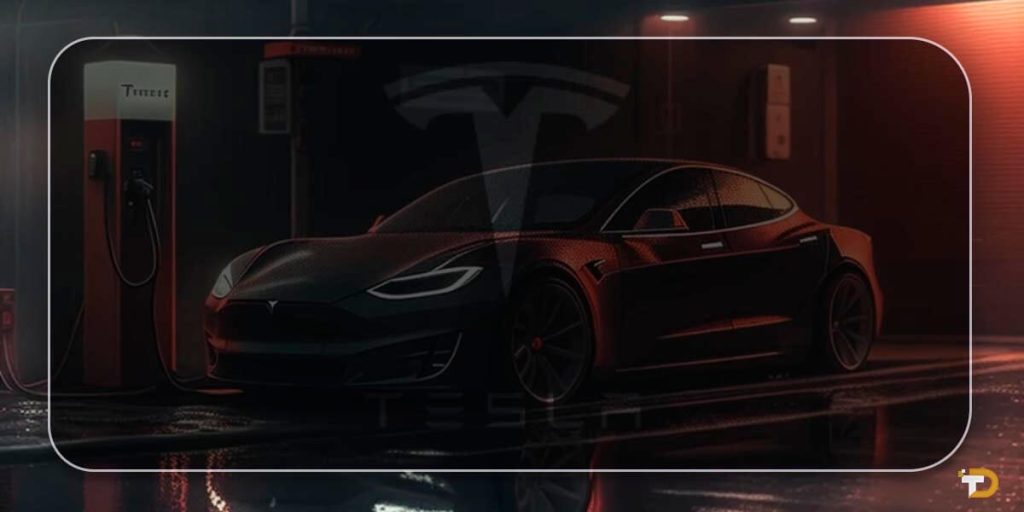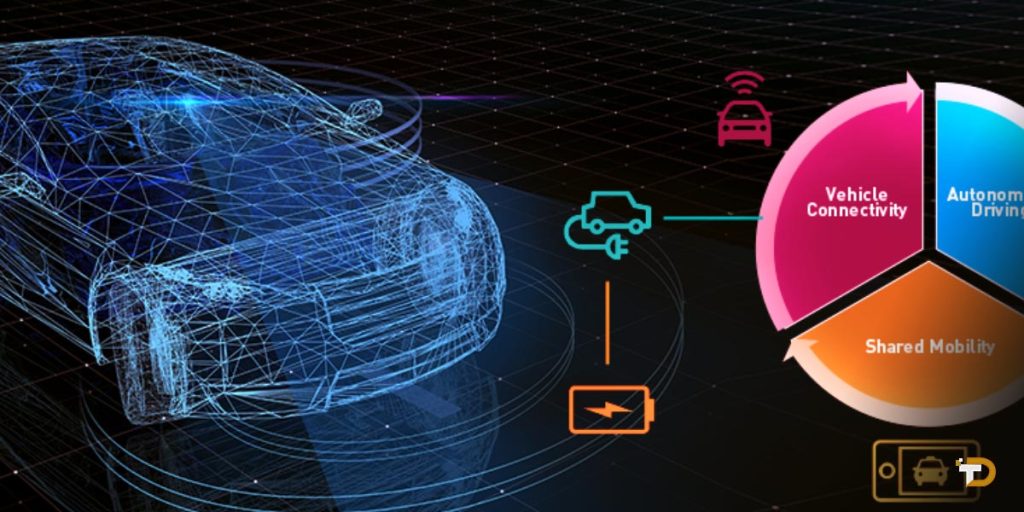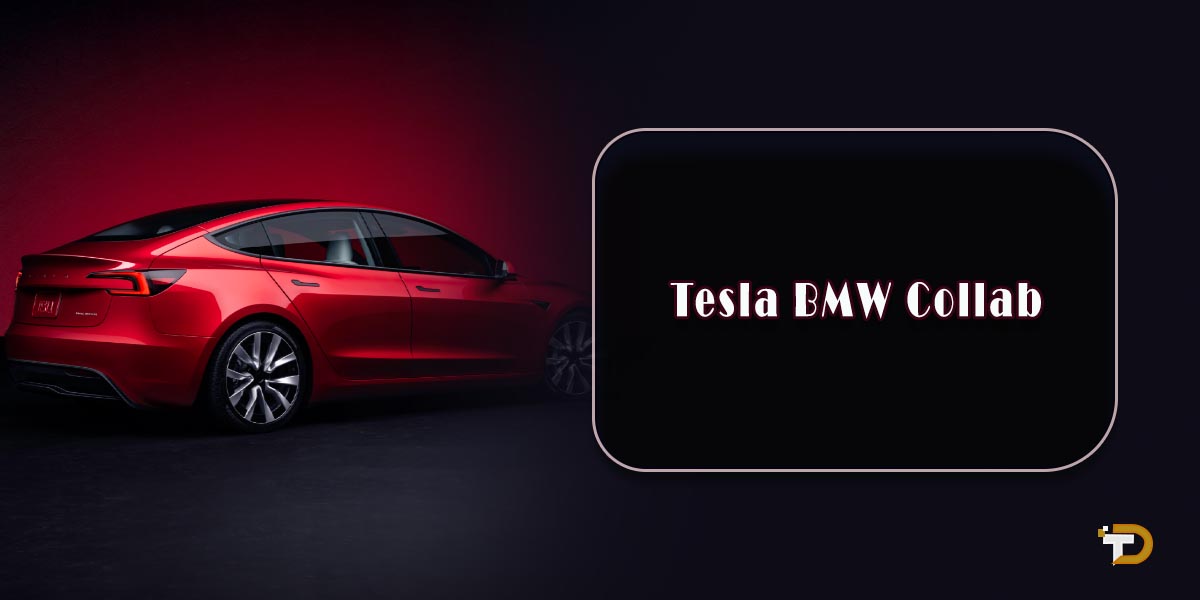Exploring the Potential of Tesla BMW Collab
The automotive industry is undergoing transformative changes as sustainability and EVs gain prominence. Pioneers like Tesla have proven EVs can rival gasoline cars, while established brands like BMW are electrifying their lineups to satisfy evolving needs and regulations. In this evolving sector, strategic partnerships are key to accelerating progress. A Tesla BMW Collab is promising – their aligned goals of an electric future and dedication to engineering excellence could synergize Tesla’s battery and software expertise with BMW’s manufacturing excellence. Joint efforts may yield innovative solutions to drive the industry forward.
Addressing Key Barriers to Mass Adoption
While awareness and interest in electric vehicles are growing rapidly, several barriers still prevent widespread consumer adoption. Limited driving range, long charging times, and lack of public infrastructure are among the top concerns cited by prospective EV buyers. The Tesla-BMW partnership specifically targets overcoming these challenges through joint initiatives.
Expanding Charging Infrastructure
Range anxiety stemming from inadequate charging networks is a significant psychological barrier. Tesla’s Supercharger program has set the gold standard with thousands of fast-charging stalls deployed globally. A Tesla BMW Collab could see this network opened up to other automakers. It could also involve the two companies working together on standardized fast-charging technologies and connector types.
The end goal is to build a ubiquitous, user-friendly charging infrastructure that gives electric vehicle drivers the convenience of refueling anywhere. Combined with BMW’s retail footprint across Europe and North America, this initiative aims to make long-distance travel as hassle-free as a gasoline vehicle.
Advancing Battery Technology
Battery capacity and charging speed are foundational to addressing range limitations. Tesla’s expertise in battery chemistry, thermal management and fast-charging has enabled vehicles like the Model 3 to charge conveniently. Meanwhile, BMW is researching next-generation solid-state battery technologies.
Tesla BMW Collab in this space could accelerate the development of high-energy, long-lasting battery packs. It may also involve utilizing BMW production facilities to mass-manufacture advanced lithium-ion or solid-state battery cells. Faster recharging and higher driving ranges would alleviate consumer anxiety over EV limitations.
Integrating Connected Services
An interconnected digital experience is increasingly important to consumers. Tesla sets the bar with over-the-air software updates that improve its vehicles continuously. BMW also focuses on in-car connectivity and personalization.
By combining their software strengths, Tesla and BMW aim to offer an seamless ownership experience. Features like remote monitoring, maintenance alerts and one-tap navigation could be standardized across brands. Advanced mapping technologies may also help route electric vehicles optimally based on charging availability. A unified digital ownership journey enhances convenience and builds loyalty to electric mobility.
Benefits for Tesla

While a partnership with BMW provides strategic advantages for both companies, Tesla stands to gain significantly in several key areas:
Access new markets
Tesla’s production is concentrated in North America and China currently. BMW’s extensive European dealership network and brand recognition provides a ready platform for market expansion on the continent.
Boost manufacturing scale
Leveraging BMW assembly lines could help Tesla accelerate production volumes needed to achieve its ambitious 2030 targets. Mass manufacturing expertise from BMW assists Tesla’s ongoing transition to high-volume output.
Optimize European regulations
BMW understands European certifications and local sourcing rules deeply as a native automaker. Its guidance could help streamline Tesla’s regulatory processes in establishing new factories like Gigafactory Berlin.
Enhance charging networks
BMW’s retail presence complements Tesla’s Supercharger program, expanding fast-charging availability across more regions globally. Interoperability benefits all electric vehicle drivers.
Advance battery technologies
Joint research accelerates Tesla’s ongoing battery innovations through access to BMW laboratories and material science capabilities. This could yield next-gen cells with higher energy densities.
Benefits for BMW
While still a fledgling effort in EVs, BMW recognizes electrification as the future. A partnership provides the following advantages in its transition:
Catch up in electric powertrains: Tesla has established itself as the industry leader through vehicles like the Model S. Tesla BMW Collab allows BMW to incorporate these advancements rapidly into upcoming models.
Gain battery expertise: Battery technology is the primary hurdle for automakers transitioning from combustion. Tesla’s expertise in cell design, thermal management and fast-charging helps BMW close this capability gap.
Fast-track autonomous capabilities: Both companies are at the forefront of driver-assistance and self-driving research. Pooling data and sharing insights can accelerate BMW’s timelines for deploying advanced capabilities.
Strengthen brand perception: Associating with pioneer Tesla enhances BMW’s sustainability credentials and perception as an innovator for the electric mobility era. It boosts consumer confidence in BMW EVs.
Leverage Supercharger network: Interoperability with Tesla’s extensive fast-charging infrastructure improves BMW drivers’ experience and reassures them over range anxiety.
Gain manufacturing efficiencies: Joint vehicle platform and component development results in better economies of scale for BMW’s electric production plans.
Impact on the Industry
The Tesla-BMW partnership carries significant implications for the wider automotive sector:
Setting production standards: Tesla BMW Collab aims to develop modular EV platforms and components optimized for high-volume manufacturing. This influences industry norms.
Driving technology cycles: Faster innovation due to shared R&D compressing product development periods for all automakers.
Accelerating electrification plans: Establishing BMW and Tesla as viable EV options compels rivals to aggressively electrify lineups on tighter timelines.
Influencing regulations: As prominent automakers, their advocacy helps streamline certification processes and incentives to support the energy transition.
Expanding charging networks: Interoperability between brands normalizes public fast-charging as conveniently as refueling today.
Enhancing customer experience: Synchronized digital services set higher standards that improve EV ownership journeys for all drivers.
Shifting perceptions: The prestige of BMW and innovation of Tesla elevate perceptions of EVs as premium, high-performance vehicles rather than just eco-friendly appliances.
Future Prospects

While the Tesla-BMW partnership is still in early stages, its long term potential is immense. Areas that could be explored include:
Joint vehicle development
The full realization of the Tesla-BMW partnership involves co-engineering electric vehicles that leverage each company’s strengths. A potential avenue is developing a Tesla sedan based on BMW’s modular EV platform. Alternatively, a performance-oriented electric SUV combining Tesla’s powertrain expertise with BMW’s xDrive AWD system could tap new market segments. Jointly designing vehicles from the ground up allows optimizing every aspect for electric drivetrains while improving economies of scale.
Battery Gigafactories
Mass producing next-gen battery cells is critical to lowering costs and making EVs more affordable. Tesla and BMW plan to establish joint “Gigafactories” to produce advanced lithium-ion or solid-state batteries at gigawatt-hour scales. Locating these facilities strategically near existing plants optimizes logistics. Shared battery production is also more sustainable by increasing renewable energy integration into manufacturing processes.
Standardizing charging infrastructure
A unified objective is deploying ubiquitous high-power charging stations compatible with all brands. Tesla’s Supercharger network and BMW’s infrastructure could merge under a single protocol with automated payment processing. This “gas station-like” experience boosts EV adoption rates. Satellite-based vehicle routing further enhances out-of-town navigation to charging plazas.
Advanced driver-assistance systems
Piloted highway driving capabilities are the next frontier. By pooling mapping data, Tesla and BMW aim to offer SAE Level 3 self-driving within this decade. Over-the-air updates continually refine algorithms using artificial intelligence. Eventually, full autonomy could debut via a shared robotaxi platform generating revenue for both companies.
Expanding into new markets
China represents the largest future electric car market. Tesla’s Gigafactory Shanghai expertise coupled with BMW Brilliance’s local facilities could spawn a joint EV production and sales venture. Similarly, India’s nascent but growing EV sector presents opportunities through a collaborative approach catering vehicles to the needs of emerging economies.
Read More: Benefits, Effect, and Ideas Regarding Bitcoin FintechZoom
Conclusion
The Tesla-BMW partnership signifies the beginning of a new era for sustainable transport. Tesla BMW Collab, these visionary companies are revolutionizing EVs and accelerating global decarbonization efforts. Their alliance exemplifies the tremendous strides possible when like-minded pioneers work together towards a shared goal.
While still nascent, their established foundations will reshape the industry through joint initiatives in vehicles, batteries, charging and autonomous driving. Both benefit through expanded capabilities, markets and brand image.
Most importantly, their cooperation provides hope we can collectively tackle climate change through emissions-free innovations. Together they pave the path to a cleaner, greener transportation future for all to enjoy for generations. Their rewards will be widely appreciated.





